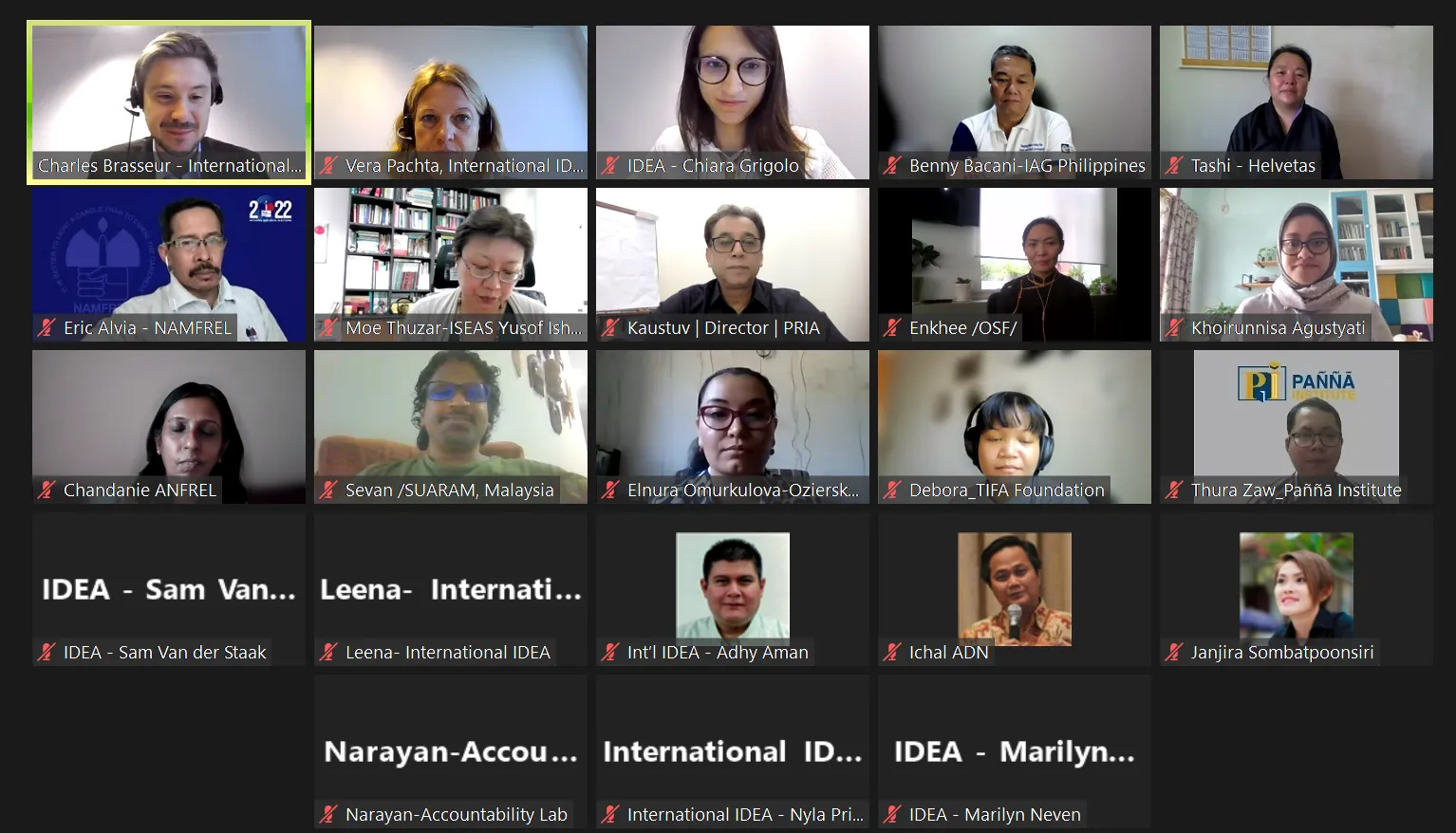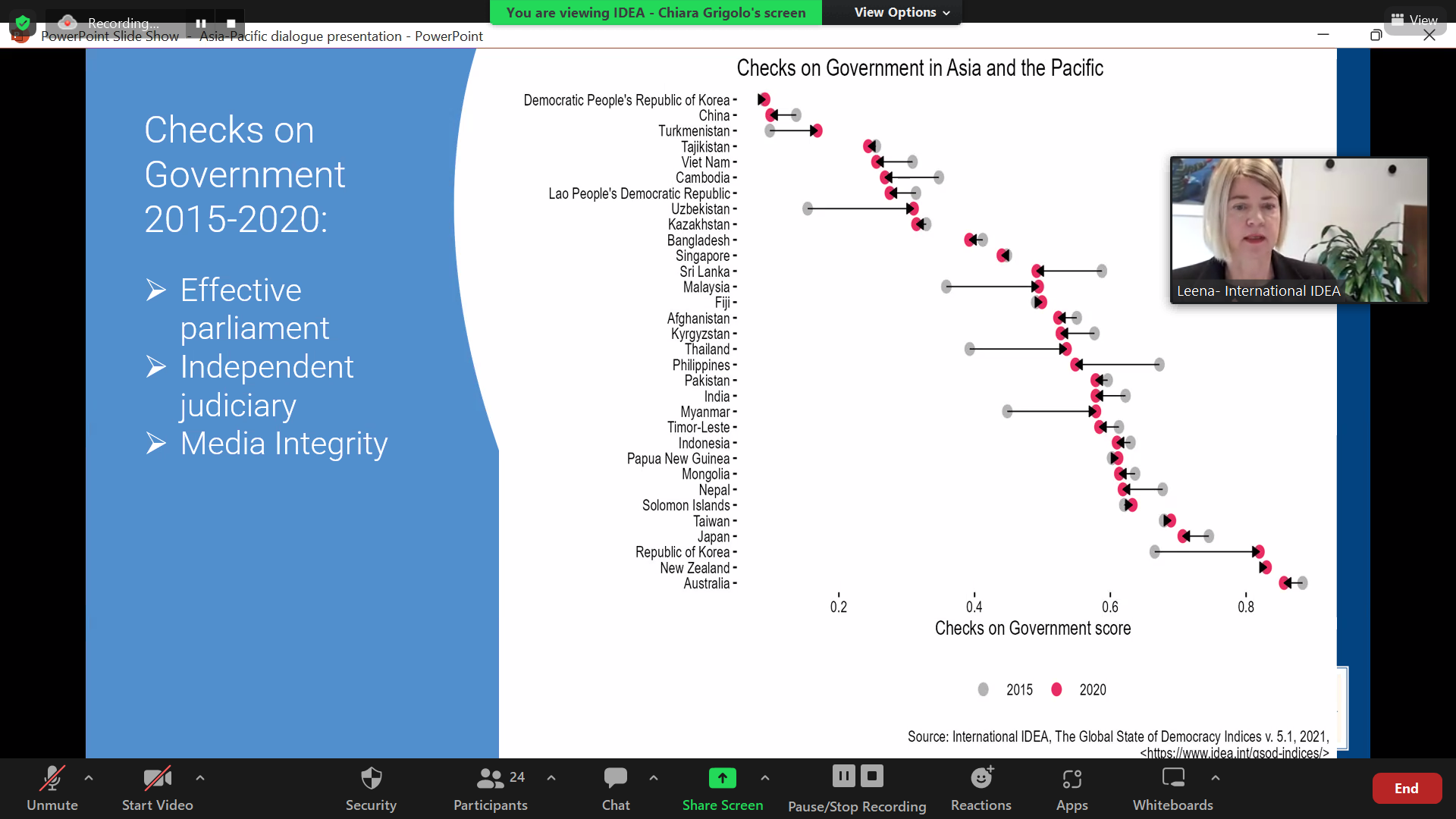How does civil society in Asia Pacific view the EU´s external democracy policy in the region?

“Authoritarianism is on the rise, but resilience and democratic pushbacks are alive as well”. This headline properly captures the democratic trends in the Asia and Pacific region, characterised by extraordinary diversity in terms of country size, traditions, development but also of regime types and performances. These range from some of the most enduring autocratic regimes to some of the best performing democracies in the world.
In the past years, the region has registered some dramatic democratic reversals, in Afghanistan, Hong Kong and Myanmar, and a worrying decline in the quality of existing democracies in terms of checks on the government and fundamental rights. A severe erosion of the effectiveness of parliaments, independent judiciary and media integrity together with the deliberate shrinking of civil liberties and a rise of institutionalised polarisation and ethnonationalism have been observed in several countries, including Cambodia, Indonesia, the Philippines and Sri Lanka. However, some progress in these areas have been registered in other countries such as Malaysia and Uzbekistan, showing that authoritarian regimes are not static and that opportunities for change exist.
The prominent role of the military, the worsening of corruption, the increased digital surveillance, disinformation and a shrinking civil space and media freedom are becoming endemic in many countries of the Asia and Pacific region, creating an environment difficult to navigate for internal and external democratic actors. In addition, in some countries, the pandemic has shifted the focus from needed climate adaptation reforms to economic recovery objectives.

How can the EU’s external democracy policy address these realities while preventing democratic backsliding? How is the EU perceived as a democracy actor? How is the EU engaging with local democracy actors on the ground? What can be improved and how?
To answer some of these questions, the Sweden EU-Presidency & the Democracy Agenda project held on 1 September 2022 its first online dialogue with civil society representatives from the Asia-Pacific region. The dialogue brough together 18 participants from Bhutan, India, Indonesia, Kyrgyzstan, Malaysia, Mongolia, Myanmar, Nepal, Philippines and Thailand as well as several representatives from organizations covering subregions. The key findings captured during the consultation will feed into a final report that will bring recommendations to the attention of EU decision-makers on a potential recalibration of the EU´s external democracy policy.
This dialogue is part of a series of regional dialogues to gather the views of Global South partners on the EU´s external democracy policy. For more information about the Sweden EU Presidency & the Democracy Agenda and its objectives, please consult our webpage.
You can also find a more detailed analysis of the State of Democracy in the Region here.




